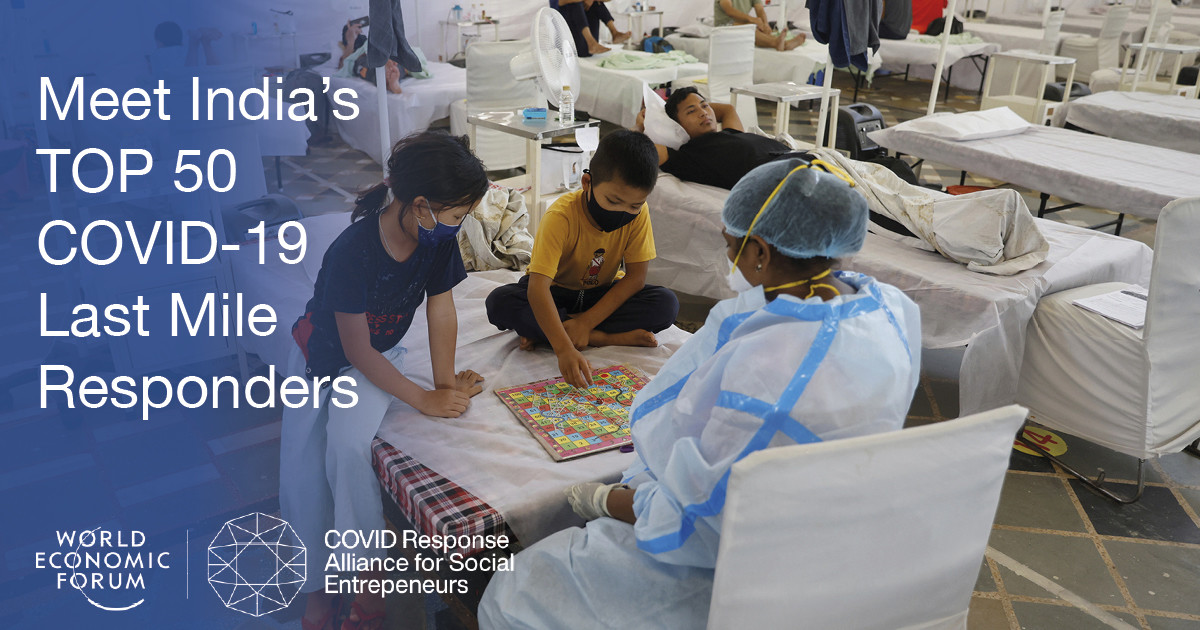COVID-19: What you need to know about the coronavirus pandemic on 14 September

Countries around the world continue to grapple with rising COVID-19 infections.
Image: REUTERS/Kim Hong-Ji
Explore and monitor how COVID-19 is affecting economies, industries and global issues
Stay up to date:
COVID-19
- This daily round-up brings you a selection of the latest news and updates on the COVID-19 coronavirus pandemic, as well as tips and tools to help you stay informed and protected.
- Top stories: COVID-19 cases in southeast China spread; COVID-19 booster shots not widely needed, leading scientists say; Indonesia eases restrictions on tourist island of Bali.
1. How COVID-19 is affecting the globe
Confirmed cases of COVID-19 have passed 225.27 million globally, according to Johns Hopkins University. The number of confirmed deaths stands at more than 4.63 million. More than 5.73 billion vaccination doses have been administered globally, according to Our World in Data.
New Zealand Prime Minister Jacinda Ardern has asked New Zealanders to get vaccinated against COVID-19 as soon as possible.
Florida Governor Ron DeSantis has threatened fines for cities and counties in the state that mandate employees must be vaccinated against COVID-19.
All 12- to 15-year-olds in England will be offered a COVID-19 vaccine after medical advisors said that children would benefit from reduced disruption to their education.
The US Centers for Disease Control and Prevention have warned against travel to several destinations, including Afghanistan, Serbia, Slovenia and Mauritius.
New confirmed COVID-19 cases rose at the slowest pace in nearly two weeks in Sydney, but officials said they needed to see a steady drop in daily cases before deciding whether the infection curve had flattened.
Israeli data has shown that around 1-in-10 children had symptoms that remained after recovering from COVID-19. That number dropped by more than half as the months passed, though.
The number of patients with COVID-19 in French hospitals has fallen below 10,000 for the first time since mid-August.
The Philippines' capital region will move to a system of localized lockdowns and alert levels from Thursday, the president's spokesperson announced yesterday.
Merck said yesterday that it could see potential US emergency use authorization for its experimental COVID-19 antiviral treatment - molnupiravir - before the end of 2021.
Greece will make COVID-19 booster shots available to vulnerable groups from today, Health Ministry experts have said.
Indonesia has eased COVID-19 restrictions on the tourist island of Bali, although international travelers will face stricter protocols on arrivals to help curb the spread of new variants.

2. COVID-19 cases in southeast China spread
New confirmed local COVID-19 cases have more than doubled in China's southeastern province of Fujian, health authorities have said. It has prompted officials to quickly roll out measures, including travel restrictions, to halt the spread of the virus.
The National Health Commission said 59 new locally transmitted cases were reported for Sept. 13, up from 22 infections a day earlier - all of them in Fujian.
A total of 102 community infections have been reported in three Fujian cities in just four days, including the tourism and transport hub of Xiamen - home to 5 million people.
In the city of Putian, cinemas and gyms have been closed, some entries and exits to highways have been sealed and residents told not to leave as a result of the COVID-19 outbreak.
India’s leading COVID-19 last-mile responders
3. COVID-19 booster shots not widely needed, leading scientists say
COVID-19 vaccine booster shots are not needed for the general populations, leading scientists have said in an article published in The Lancet medical journal.
The scientists, who include two departing senior US Food and Drug Administration (FDA) officials and several from the World Health Organization (WHO), said more evidence was needed to justify boosters.
"Any decisions about the need for boosting or timing of boosting should be based on careful analyses of adequately controlled clinical or epidemiological data, or both, indicating a persistent and meaningful reduction in severe disease," the scientists wrote.
"Current evidence does not, therefore, appear to show a need for boosting in the general population, in which efficacy against severe disease remains high."
But, they did say that some individuals - such as the immunocompromised - could benefit from an additional dose. They also said that broader use of boosters might be needed in the future if immunity starts to wane or new variants emerge.
Accept our marketing cookies to access this content.
These cookies are currently disabled in your browser.
Don't miss any update on this topic
Create a free account and access your personalized content collection with our latest publications and analyses.
License and Republishing
World Economic Forum articles may be republished in accordance with the Creative Commons Attribution-NonCommercial-NoDerivatives 4.0 International Public License, and in accordance with our Terms of Use.
The views expressed in this article are those of the author alone and not the World Economic Forum.
Forum Stories newsletter
Bringing you weekly curated insights and analysis on the global issues that matter.
More on Health and Healthcare SystemsSee all
Naoko Tochibayashi and Mizuho Ota
April 7, 2025
Charlotte Ersboll and Kusum Kali Pal
April 7, 2025
Vivek Vishal
March 31, 2025
Shyam Bishen
March 28, 2025






